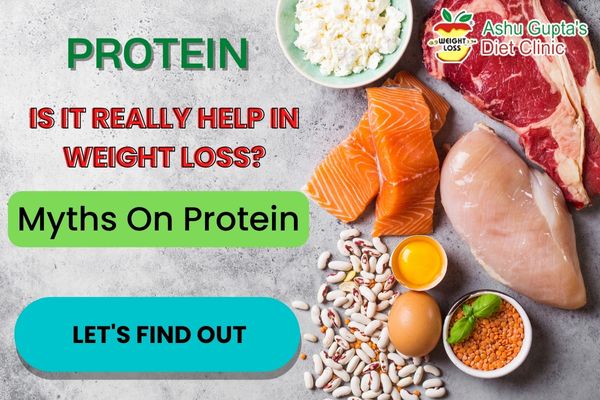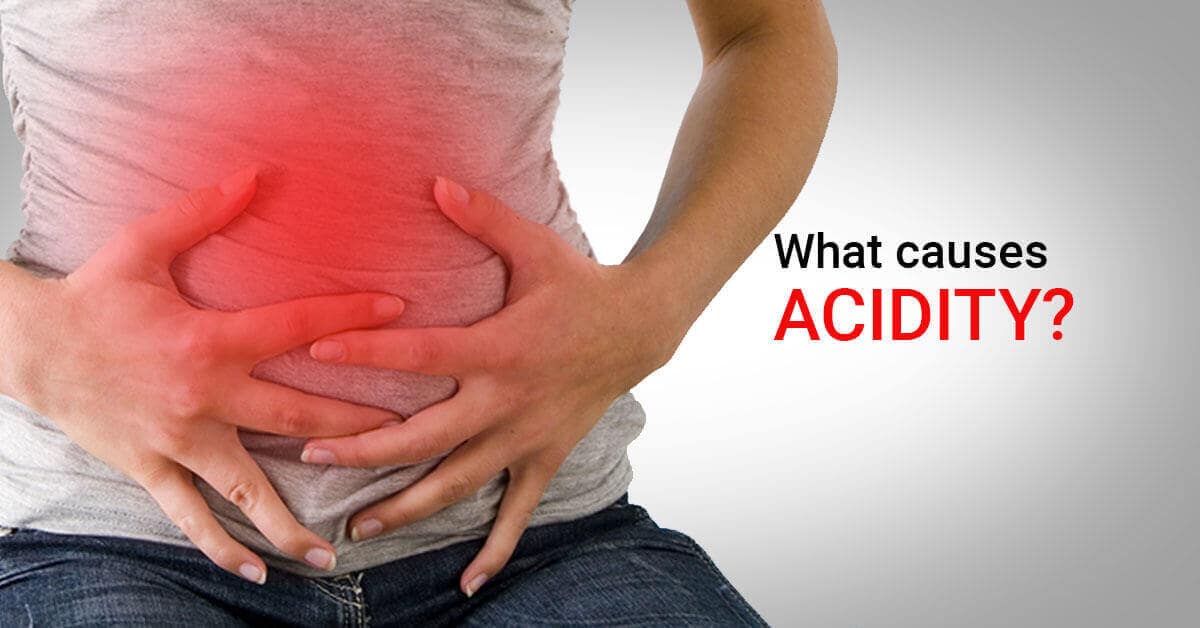-
Start your food with protein: Whenever you eat a meal, start it with a protein source. Protein increases the production of a gut hormone PYY that makes you full and satisfied. A high protein diet decreases the level of a hunger hormone and increases metabolism after eating and during sleep. When you eat protein first, especially before high-carb foods, your blood sugar and insulin levels rose significantly less.
-
Include plant protein in your diet: Different foods have different amounts and combinations of essential amino acids (EAAs). Plant protein usually lacks in range of EAAs as compared to animal protein. That is why it is important to consume a variety of plant proteins to meet EAA requirements. Some sources of plant protein are pulses, beans, peas, chickpeas, walnuts, cashews, almonds, pistachios, peanuts, chia seeds, oats, quinoa, etc.
-
Eat more dairy products: Dairy products are not only a rich source of protein but also contain high levels of other nutrients, including iron, calcium, and vitamin D. The consumption of dairy products such as milk and yogurt prevents overeating and assist weight loss. Milk and milk products increase the production of peptide-1 and peptide YY hormone that gives the signal to the brain that the stomach is full.
-
Include cheese in snacks: Snacks are an excellent way to get extra protein. Most of the snacks are very low in protein, but when you include cheese in snacks, it increases the intake of protein. You can fill the snacks with cheese to increase your protein intake.
-
Include animal protein in your diet: Meat is a rich source of protein, but it contains a high level of saturated fats that can raise the level of bad cholesterol and increase the risk of heart disease. To maintain a healthy level of cholesterol, you can add poultry to your diet instead of meat. Eggs and Fish are also good sources of protein.
-
Try protein shakes: Nowadays, protein shakes are gaining popularity as they are a fast and convenient way to get more protein. You can add a scoop of protein powder in juices, milk, or water to make a protein shake. You can also blend fruits and protein powder. Instead of protein powder, you can also use high-protein foods like peanut butter, Greek yogurt, or chia seeds.
-
Use chopped nuts as a topping: You can use chopped nuts such as almonds, cashews, walnuts, and pistachios to increase protein intake. Nuts are a rich source of protein, fiber, and heart-healthy monounsaturated fat. Sprinkle a few tablespoons of chopped nuts over yogurt, cottage cheese, or salads to increase protein intake.
-
Include protein-rich food in the salad: Salads are usually loaded with vitamins, minerals, and antioxidants, but they contain only a little amount of protein. To add protein in the salad, top it with nuts, cheese, chicken, salmon, beans, or chickpeas.
-
Include high protein food in every meal: It is recommended to consume at least 20-30 grams of protein in each meal. When we talk about protein consumption, not just the total amount of protein intake in a day does matter, but also getting enough protein in each meal does matter. Including protein in every meal promotes fullness and preserves muscle mass.
-
Combine peanut butter with fruits: Though fruits are rich in nutrients, antioxidants, and fibers; however, they are low in protein. By spreading peanut butter on sliced fruits, you can boost your protein intake. Peanut butter may also decrease appetite, reduce blood sugar levels, and promote heart health. It is important to get enough protein. A high protein diet helps in losing weight, gaining muscle mass, improve body composition, and metabolism.








